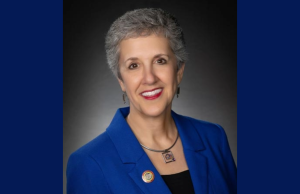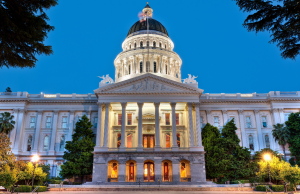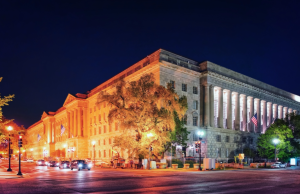Nonprofit advocates finally got their universal charitable deduction, at least temporarily, as part of the third phase of COVID-19 stimulus relief passed by Congress today.
The Coronavirus Aid, Relief, and Economic Security Act (CARES Act) passed the House of Representatives this afternoon and is expected to be signed by President Donald Trump at 4 p.m. today. The U.S. Senate passed S. 748 on Wednesday by 96-0.
The bill creates a new above-the-line deduction that applies to all taxpayers for total charitable contributions of up to $300. The incentive applies to donations made in 2020 and would be claimed on tax forms next year. The measure also lifts an existing cap on annual contributions for itemizers of 60 percent of adjusted gross income (AGI) to 100 percent. Corporations can deduct charitable contributions up to 25 percent of taxable income, up from 10 percent previously.
With a cap of only $300, the universal charitable deduction is largely symbolic, according to Miranda Perry Fleischer, a professor of law and co-director of graduate tax programs at the University of San Diego School of Law. Most non-itemizers who give probably give more, she said, as $300 would average out to less than $6 a week. “It’s a reward for nonitemizers for their generosity,” Fleischer said. “I hope it will be a first step, once it’s in there, it’s easier to do away with the sunset provision,” she said. “I would love to see it.”
Nonprofits have been pushing for a universal charitable deduction ever since the 2017 Tax Cuts and Jobs Act (TCJA). The tax reform package doubled the standard deduction from $12,000 to $24,000, reducing the incentive for many taxpayers to itemize their taxes, and thus take deductions.
The $2.2-trillion stimulus provides millions to corporations and nonprofits and also will make direct, one-time payments of up to $1,200 to individuals, expand unemployment insurance (UI), and lower amounts that employers must pay for paid sick and family leave to those covered by the refundable payroll tax credit, enacted in the second phase of a virus stimulus bill.
Nonprofits with fewer than 500 employees will be eligible for $10 million in Emergency Small Business Loans (emergency SBA 7(a) loans). The loans can cover costs of payroll, operations, and debt service, and provides that loans be forgiven in whole or in part under certain circumstances, according to guidance from the National Council of Nonprofits. The loans would be eligible to be turned into grants.
“Access to emergency loans will help keep the doors of many nonprofits open, so they can continue serving their communities,” said Tim Delaney, president and CEO of the National Council of Nonprofits. He described the inclusion of a universal, non-itemizer deduction as a step in the right direction but the cap needs to be significantly increased and extended to 2019 tax returns.
“Nonprofits cannot afford to look solely at Congress, however, because these new federal laws will trigger state legislatures and governors to change their laws to accommodate, which means nonprofits can win or lose more at the state level without substantial advocacy there as well,” Delaney said.
The federal legislation also will provide $150 billion for state, tribal and local Coronavirus Relief Fund, $130 billion for hospitals, $30 billion for education, and $25 billion for transit systems. A coalition of nonprofits have been pushing for $60 billion in any stimulus package.
In a statement after the Senate passed the measure on Wednesday, leaders of Lutheran Services in America (LSA) said the CARES Act “ensured that many nonprofits receiving Medicaid funding will be eligible for SBA loans with loan forgiveness to support their work helping so many people in need during this pandemic. This is a crucial part of this third Congressional relief package, given how many nonprofits like our 300 health and human services organizations are on the frontlines fighting COVID-19.”
According to LSA’s statement, additional funding will be critical in the coming months, asking that future legislation ensure that charities with more than 500 employees who currently are not eligible for SBA’s no-interest loans and other funds are provided with “speedy alternative funding sources.”











